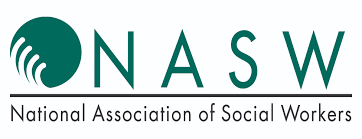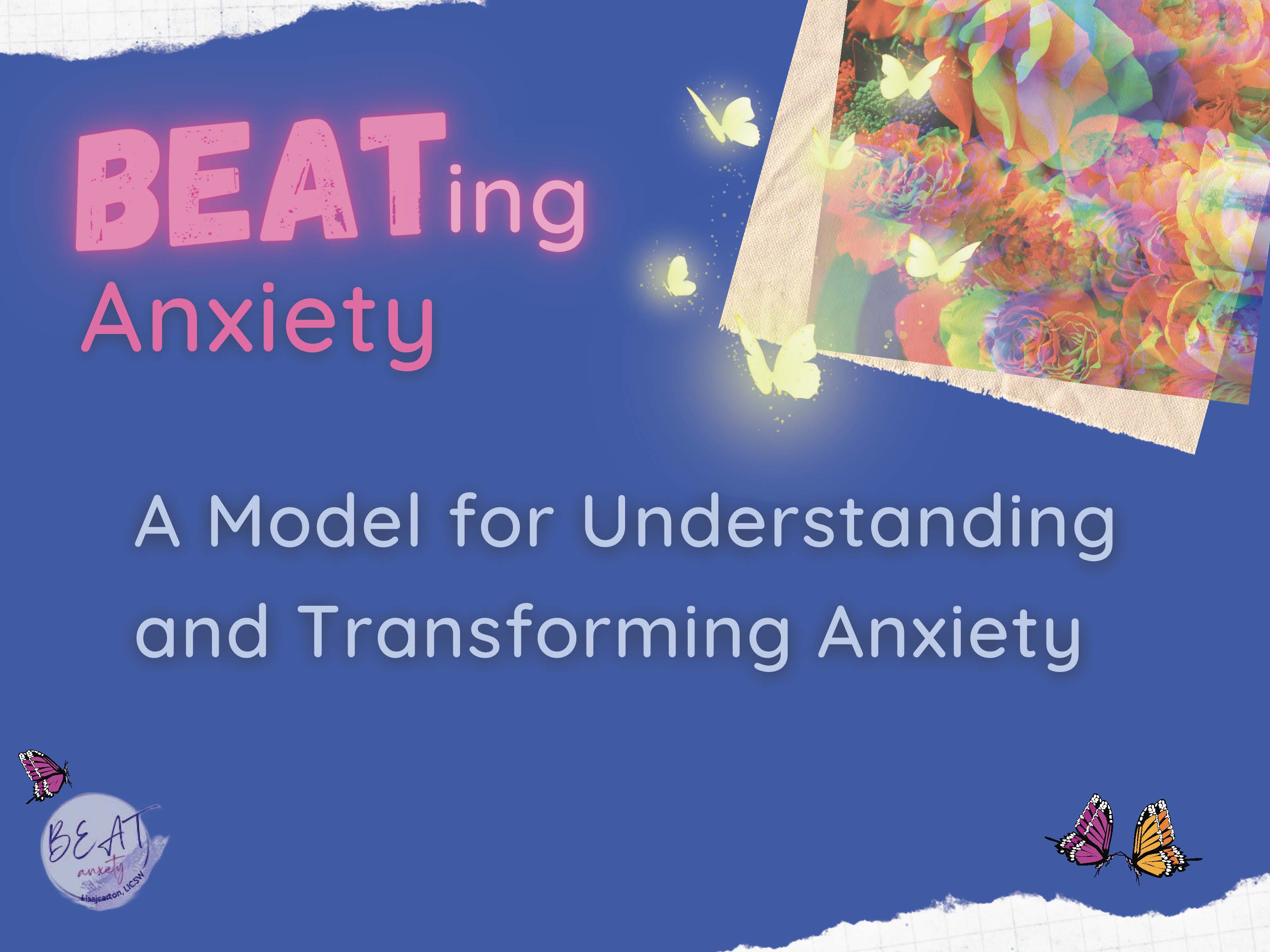|
|
Generational Trauma and Its Impacts
|
|
LinkedIn
E-Mail
|
This is a RECORDED workshop. 2 formal CEUs approved by NASW ME. Generational Trauma and its Impacts Generational trauma impacts individuals and families through economic, cultural and familial distress. Often, the trauma is not seen as a trauma, and it is just a way of life. What are the lingering effects of generational trauma? How do they show up in the body today? How do historical traumas live in institutions, cultures, and habits of societies? We will explore symptoms of this unique type of post-traumatic stress disorder (PTSD) and identify ways to manage and counteract the trauma and start healing. Learning Objectives: Participants will be able to define multiple variations of generational trauma: Intergenerational trauma, ancestral trauma, historical trauma, cumulative trauma, insidious trauma, complex trauma Participants will be able to identify symptoms of generational trauma in the self and in clients: Anxiety, night terrors, low mood, hypervigilance and flashbacks. Physical manifestations can also appear in the body and lead to autoimmune conditions, stomach issues and chronic pain. Participants will be able to apply generational trauma diagnoses to specific clients, identify symptoms of generational trauma in the self and in clients
This session is part of a nine part webinar series, “Beyond Cultural Competence Series”. All sessions are offered individually and do not require having participated in other sessions in the series. The Beyond Cultural Competence Series includes the following Sessions: Implicit Bias Awareness Intro to Race and Racism: Frameworks and History Real White Heroes: Fostering a Positive, Anti-Supremacist White Identity The Impacts of Racial Trauma and Oppression on the Mind, Body, and Spirit Facilitating Conversations on Race and Bias - Allyship: Understanding Self and Moving beyond the Performative
- Healing for Racial Equity Warriors
- Beauty “Standards”: How Fatphobia is Rooted in Anti-Blackness
- Generational Trauma and its Impacts
About the presenter:
Lyrica Fils-Aime, LCSW-R, RPT-S, (she/her), is a racial justice strategist, therapist and non-profit leader turned writer who has authored a childhood Racial Justice Curriculum for Sesame Street, Where We Go Wrong in Equity Work for NYU's VUE journal, a Culturally Responsive Inventory for Clinicians, Ancestral Trauma, Wisdom & Resilience for Psychotherapy.net and writes The Gift of [Anti-Racist] Therapy for Psychology Today. She wrote a chapter in Supervision Can Be Playful titled Multicultural Supervision: Building Culturally Responsive Play Therapists. Lyrica has also published a Haitian children's book titled T se pou TapTap to help the Haitian children in her life access the Kreyòl language. Lyrica is the founder and CEO of Pilon Harlem, LLC which provides consultation and facilitation for organizations. You can reach out to her at info@pilonharlem.com to set up any of these workshops or others at your setting.
| Price | Standard |
|---|
| Non-Member | $50.00 | | Member | $30.00 |
|
Customers Who Bought This Item Also Bought
(Self Study)
Intersections between Trauma and Addiction
(Self Study)
ACEs, Resilience, and Trauma Informed Interactions with Youth
(Self Study)
2021 Revisions to the NASW Code of Ethics: Self-Care and Cultural Competence
(Self Study)
Advanced Clinical: Somatic Therapy for Trauma
(Self Study)
Sexual Harassment Prevention Training
(Self Study)
Cultural Differences in Suicide Prevention, Assessment, and Response
(Self Study)
ADHD: The Neurobiology, Motivation and Treatment
(Self Study)
Beating Anxiety: A Model for Understanding and Transforming Anxiety
(Self Study)
Impacts of Racial Trauma and Oppression on the Mind, Body, and Spirit
(Self Study)
A Social Worker’s Perspective on the Importance of Advance Care Planning
(CEtoGo)
Boundary Issues & Dual Relationships in Social Work: Ethical & Risk Management Challenges
(Self Study)
Complex Ethics Cases and Conceptually Based Decision-Making Protocols
|
|

 Adding Registration, Please wait...
Adding Registration, Please wait...






